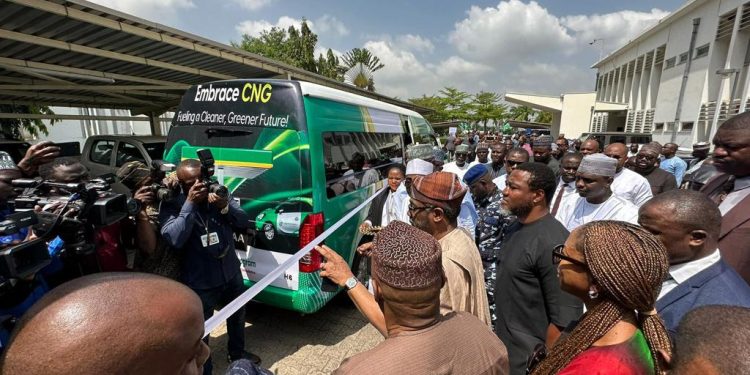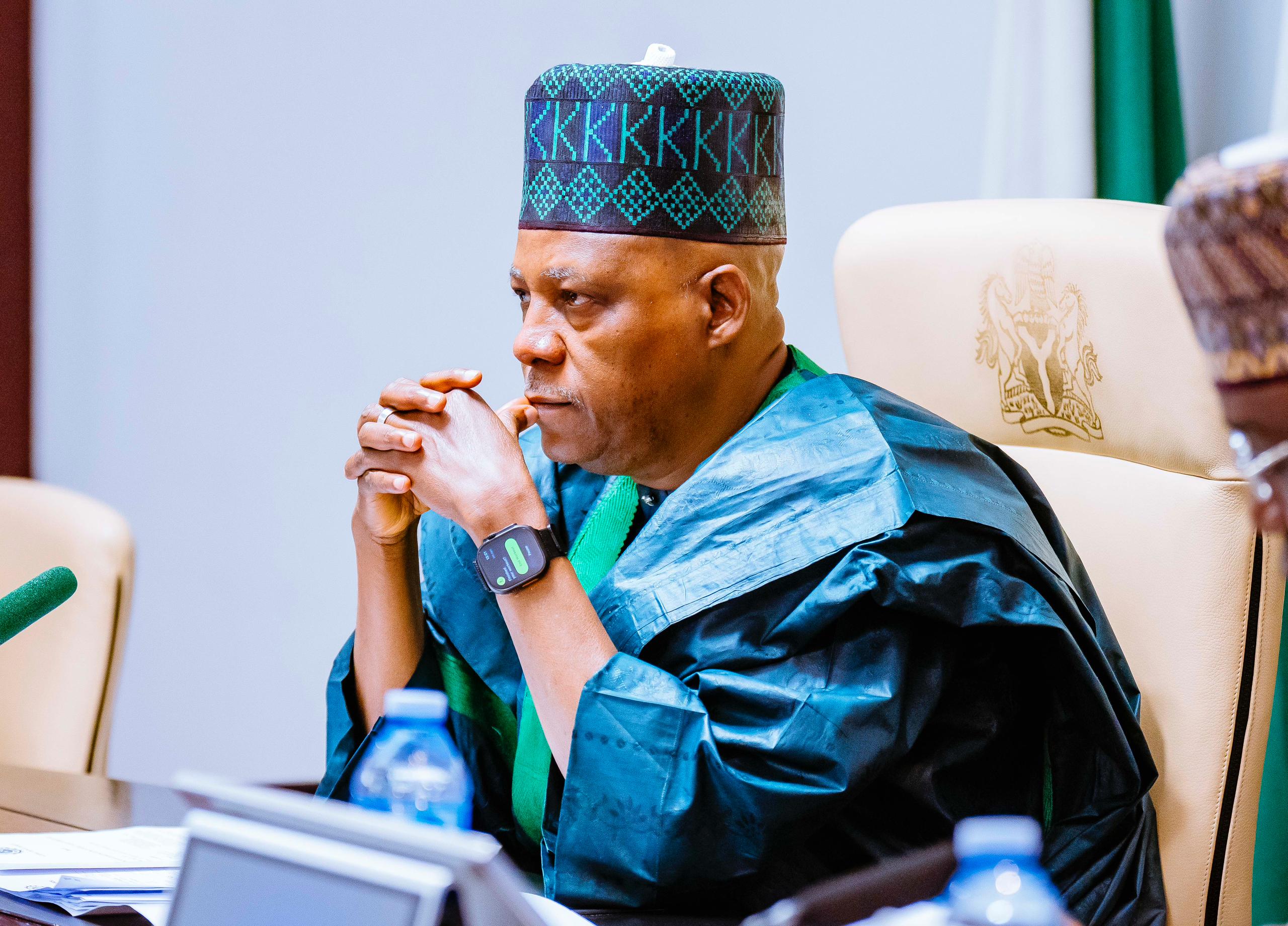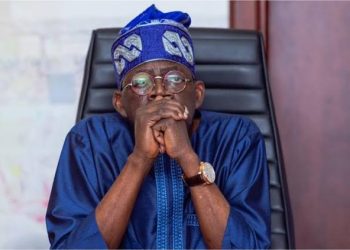The Nigerian government has flagged off the Presidential Compressed Natural Gas Initiative (PCNGI), with the unveiling seven conversion centres across Nigeria.
The flag-off of the initiative was done by the Chief Of Staff to the President, Femi Gbajibiamila on Friday.
Chairman of the Committee, Zacch Adedeji, made this known while handing over CNG buses to the State House, Permanent Secretary, Mr Olusesan Adebiyi, at the presidential villa, Abuja.
According to him, seven CNG conversation centres have been established in the country.
He said plans are underway for the government to establish multiple conversion centres across the country in the next two weeks.
Adedeji who was represented by Farouk Ahmed, chief executive officer (CEO) of the Nigerian Midstream and Downstream Petroleum Regulatory Authority (NMDPRA), said the goal is to build a sustainable future, leveraging the country’s cheap and clean energy source gas.
He noted that the federal government has waived value-added tax (VAT) on compressed natural gas (CNG) bus purchases and is seeking duty waivers for parts.
While the project is currently about the conversion of vehicles, he said it will also generate employment opportunities.
Adedeji, who doubles as the chairman of the Federal Inland Revenue Service (FIRS), said the delivery of the CNG project demonstrates President Bola Tinubu’s commitment to both environmental sustainability and economic growth in Nigeria.
At the ceremony, CNG buses were handed over to the state house.
Micheal Oluwagbemi, PCNGI project director, said state governments have already indicated investment interest in the CNG buses, stating that Rivers state government has already acquired some to ease the transportation challenges of the state.
“The current cost of conversion varies from the model and type of vehicle but the President has ensured that as part of PCNGI, we will look into that cost by helping and incentivising Nigerians,” Oluwagbemi added.
He said the federal government has ordered 55,000 conversion kits as part of the immediate palliative.
The committee said: “In the next few weeks, starting from tomorrow in Lagos, the PCNGI will establish the roll out of more conversion centers to enable 55,000 conversions in the next 6 months under the palliative program.”
“In addition to this, over 11,500 CNG fueled vehicles will be rolled out by partnership with private sector, cooperative, state and union operated mass transit operators in the same period.”
On his part, AbdulRahman AbdulRazaq, chairman of the Nigeria Governors’ Forum (NGF), said universities will be the first beneficiaries of the buses and all state governments will also key into this.
AbdulRazaq said there would be massive investments and the government would encourage “our businessmen to invest massively in this transition”.
For those of us who were in the gas industry, this is what we have been calling for decades.
“Nigeria is gas country not a crude oil country, 70 per cent or there about, more of our hydrocarbon is gas. So why are we investing all our time and energy in crude oil?
“Today is a turning point for us that President Tinubu has taken this bold decision to move from petroleum to gas. This is the first step in a major change to come.”
On his part, Chinedu Oguegbu, the Managing Director, OMAA Motors, a Nigerian automobile manufacturer, expressed gratitude to Tinubu for the initiative.
Receiving the CNG buses on behalf of Aso Villa, Olusesan Adebiyi, permanent secretary, state house, said the provision of the buses will enhance the efficiency of staff and enhance their punctuality at work.
He assured the PCNGI and partners that all operational buses of the state house would be converted to gas-powered vehicles.
DAILY GIST reported that the national president of the Independent Petroleum Marketers Association of Nigeria (IPMAN), Elder Chinedu Okoronkwo had said the Association is ready to roll out Compressed Natural Gas (CNG) as alternative automotive fuel.
According to him, the CNG is going to sell between N100 to N110 per litre
He noted that fuel subsidy removal had reduced the speed with which Nigeria could have gotten another energy mix
The CNG is expected to reduce, to a large extent, the country’s exposure to fuel importation as natural gas would not be imported.









